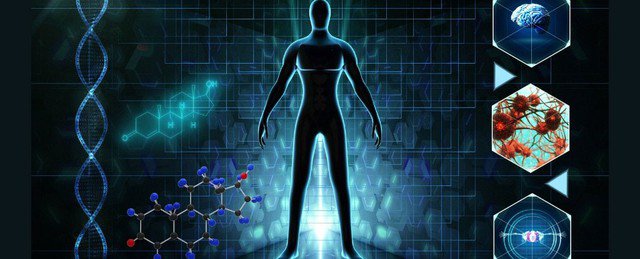In the near future, medicine may use "virtual you - your own digital twin" to prevent and treat diseases.
This is the research work of Professor-Dr. Amanda Randles of the Department of Biomedicine at Duke University (USA) and received a $250,000 award from the American Computer Association.
Professor Randles built a model with a smartwatch or similar device that would continuously feed data into a virtual simulation of your entire body, allowing doctors to closely monitor your health on a personal level. chemistry. This method can effectively prevent and treat incurable diseases such as cancer, heart disease, etc.
With heart disease, doctors can determine when a patient needs a stent to improve blood flow in the heart in a noninvasive way. Thanks to "virtual friends", doctors can predict a patient's heart progression and response to drug treatments. It can also help doctors evaluate the success rate of heart surgery before making any decisions. The "virtual friend" can also help monitor cancer cells circulating in the blood, which can sometimes adapt in another part of the body and form new tumors, called metastases.

Simulation of "virtual friend" by Prof. Dr. Amanda Randles of the Department of Biomedicine at Duke University (USA) Photo: NOPPARIT/CANVA PRO
Professor Randles is tracking how cancer cells move by changing different parameters, such as how the size of the cell nucleus affects its movement.
With enough data about the characteristics of different cells and how they move, doctors can better predict how and where certain cancer cells metastasize.

